
By Justice OFFEI Jr
As per the IMF, enhancing institutional governance—like reinforcing the rule of law and regulatory standards—can enhance GDP growth by roughly0.5 to 2.3 percentage points for each unit rise in governance effectiveness, according to a cross-national analysis of reform effects.
The World Bank also highlights that transparent and efficient judicial systems are crucial for encouraging private sector investment and lowering poverty—emphasizing that improved governance results in greater economic benefits and more balanced growth.
By increasing the number of highly skilled legal practitioners and boosting the capabilities of institutions, Ghana has the potential to boost economic development, boost business trust, and reinforce the rule of law, which is essential for long-term GDP growth.
Demands to reform Ghana's legal education system are not recent. The initial major initiative dates to the early 2000s, when public dissatisfaction with restricted access to the Ghana School of Law started to grow.
For many years, important stakeholders such as the General Legal Council, legal scholars, students, civil society organizations, and Members of Parliament have expressed worries regarding the narrowness and inflexibility of Ghana's legal education system.
The 2011 Report from the Legal Education Committee and the 2018 Parliamentary Petition initiated by frustrated LLB graduates represented key turning points. These initiatives led to increased public involvement following viral demonstrations in 2019 and 2021, during which numerous eligible law students were barred from entering despite having passed the entrance examinations.
In 2022, the General Legal Council addressed the issue by examining its admission standards and started exploring decentralized approaches. During the same year, the Ministry of Justice and the Office of the Attorney General launched discussions with interested parties to develop a detailed Legal Education Reform Bill, setting the stage for the 2025 Legal Education Reform Bill.
This legislation has received strong political support: as majority chief whip, Rockson-Nelson Dafeamekpor stated openly, “We have been fighting this battle since around 2018… this bill will remove the obstacles” and create “as many legal professionals as needed” through exams held twice a year.
Former Attorney-General Betty Mould-Iddrisu—Ghana's first woman in that role—supported decentralization, mentioning in 2023 that the colonial-era control over legal education should be replaced with contemporary changes. As current Attorney-General Godfred Dame oversaw parliamentary drafting, Deputy AG Justice Srem Sai indicated the bill would separate the General Legal Council’s temporary educational function into distinct organizations.
Experienced law teacher and former GSL Director Kwaku Ansa-Asare, although careful in his approach, highlighted that the reform should combine both academic and hands-on training—rather than simply increasing access. Even Supreme Court Justice Nene Amegatcher supported the initiative, confirming the importance of strict accreditation by both the National Accreditation Board and GLC—representing the most significant transformation in legal education since Ghana gained independence.
At the core of the reform lies a dual goal: to make professional legal training more accessible and to enhance the quality of legal education to meet international benchmarks. These changes hold the power to transform Ghana's economy and its legal framework.
A more transparent and performance-driven legal education system will increase the number of competent attorneys, reinforce the effectiveness of the justice system, and boost public trust in legal organizations.
Gradually, this will decrease legal backlogs, encourage contract enforcement, and enhance the resolution of business conflicts—key elements for drawing in foreign direct investment and supporting the expansion of small and medium enterprises. As the legal sector expands, its impact on GDP—currently underestimated—will increase due to better formalization, job creation, and adherence to regulations across various industries.
Ghana's present system allows approximately 28–29 percent of LLB graduates to enter professional legal training annually. This limitation, maintained by the Ghana School of Law's exclusive control, has been widely regarded as restrictive.
On the other hand, countries such as Nigeria achieved an 84% bar pass rate in April 2025. Kenya's pass rate is still low at 18–22%, although certain universities like Mount Kenya University have reported success rates reaching up to 96%. In the United States, between 80–90% of law graduates ultimately pass the bar exam, while in the United Kingdom, the Solicitors Qualifying Examination (SQE) has pass rates of 50–60% for the first stage and 61% for the second. Ghana's access rate is one of the most limited in Africa and is considerably lower than global standards.
The Legal Education Reform Bill presents a courageous approach. It suggests decentralizing professional legal training by allowing recognized public and private universities—like the University of Ghana, KNUST, GIMPA, and others—to provide bar-track programs under the supervision of the General Legal Council.
The existing single annual bar exam will be changed to a twice-yearly test, providing more chances for eligible graduates to move forward. Crucially, these modifications will not affect the standard of quality. The legislation requires robust quality control measures, such as institutional approval, routine inspections, and centralized exams to maintain uniformity and honesty among training institutions.
What distinguishes this reform is its close adherence to global standard practices. The U.S. approach enables law graduates to sit for the bar exam in various jurisdictions. The U.K.'s SQE provides a uniform evaluation across educational institutions. The reform bill also highlights practical legal education—incorporating abilities such as courtroom argumentation, legal writing, and conflict resolution into university programs. This kind of training has become common in U.S. and U.K. law schools and is crucial for equipping law graduates with the skills needed for contemporary legal work.
Comparative Analysis:
| \xa0 | Ghana (Current) | Reform Proposal | Global Comparison | |
| Professional Intake | 28–29percent of LLB graduates | Multiple law schools facilitating decentralized admission | Nigeria: 84 percent; Kenya: 18 to 22 percent; U.S.: 80 to 90 percent; U.K.: 50 to 60 percent | |
| Exam Frequency | Annual Bar Exams | Biannual GLC-regulated bar exams | U.S.: Several sessions; U.K.: Organized SQE periods | |
| Institutional Control | Only Ghana School of Law | Universities recognized to offer educational programs | USA/UK: Several accredited legal institutions | |
| Quality Assurance | GSL & GLC oversight | GLC + university accreditation | ABA (USA), SRA (U.K.) regulatory frameworks | |
| Skills Training | Largely theoretical |
| U.S./U.K.: Required clinics and hands-on evaluations |
In addition to impacting the legal field, this reform will have wide-reaching consequences throughout the country. Easier access to legal education leads to a more diverse and representative legal system, enhancing advocacy in communities that are frequently overlooked. Improved legal capabilities assist state institutions in handling land conflicts, criminal justice matters, family law issues, and administrative cases—thereby easing the pressure on an already overburdened court system.
From an economic perspective, the reform aligns with Ghana's ambition to establish itself as a center for legal services and dispute resolution in West Africa. With the enhancement and expansion of legal education, Ghana has the potential to draw in international collaborations, law firms, and arbitration organizations. These entities create high-quality employment opportunities, strengthen governance, and boost efficiency within the service industry. Therefore, legal reform is not just a separate objective—it serves as a catalyst for constitutional governance, economic change, and increased public confidence.
With both leading political parties supporting the bill and increasing public backing, the Legal Education Reform Bill goes beyond a mere institutional transformation. It embodies a national goal of fairness, merit-based principles, and high standards. Nevertheless, implementation needs to be well-planned. Several universities are lacking the necessary infrastructure for top-tier legal clinics, and coordination between the General Legal Council and the Ghana Tertiary Education Commission must be improved to prevent duplication. A step-by-step approach, including pilot initiatives, monitoring of results, and investment in digital legal education resources, will be crucial for achieving success.
Ghana is currently at a crucial point in the history of legal education. Following years of discussion, demonstrations, and campaigning, the obstacles at Makola might finally be removed. This change is not about reducing standards—it's about increasing the level of excellence. With careful execution and ongoing political commitment, Ghana has the potential to reshape legal education, support its upcoming generation of legal professionals, and create a justice system that is equitable, available, and admired internationally.
>>>the author works as a Policy Analyst






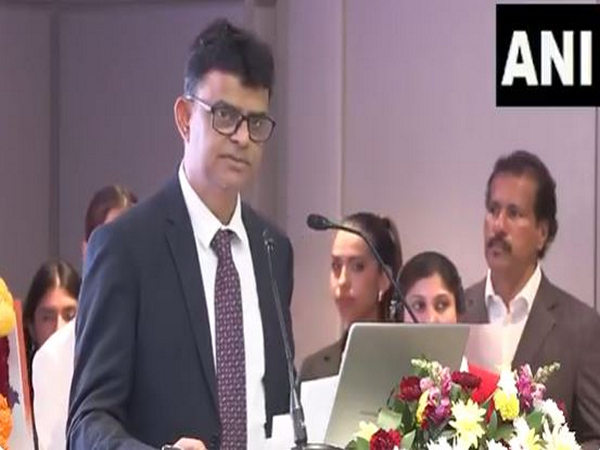
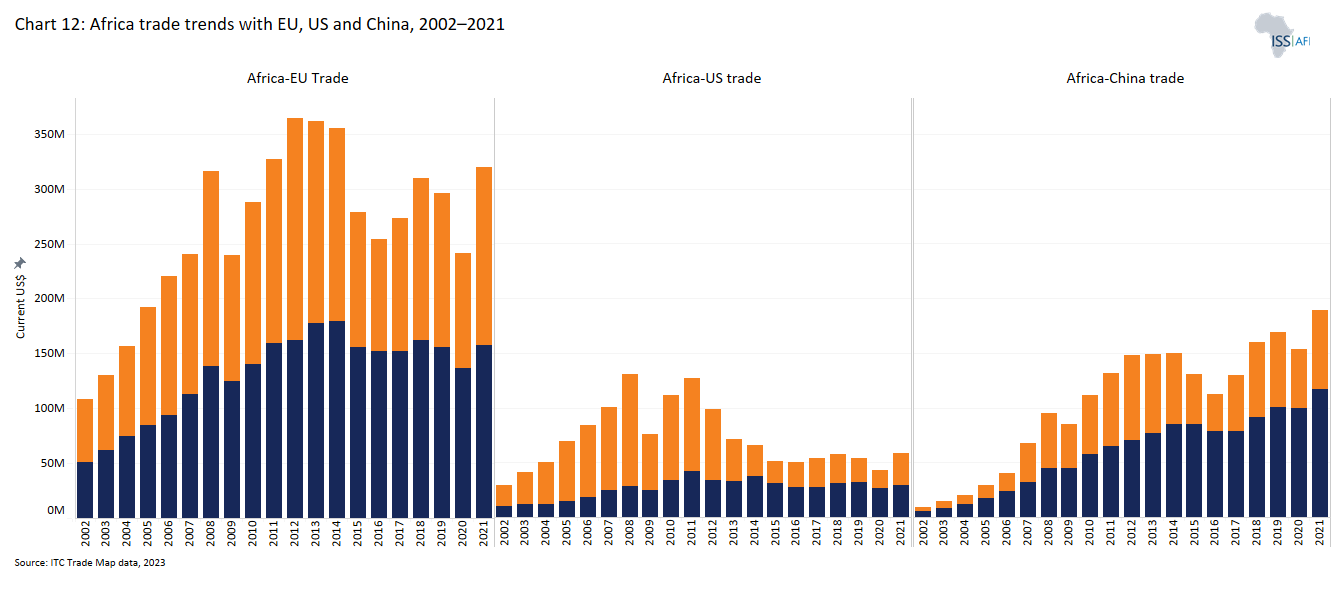


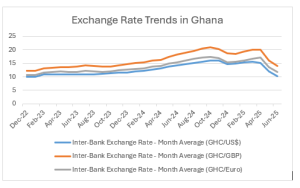

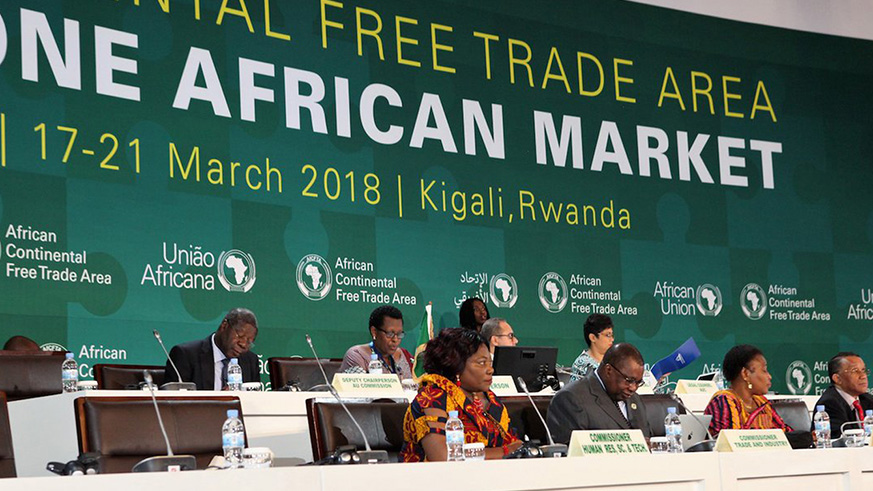
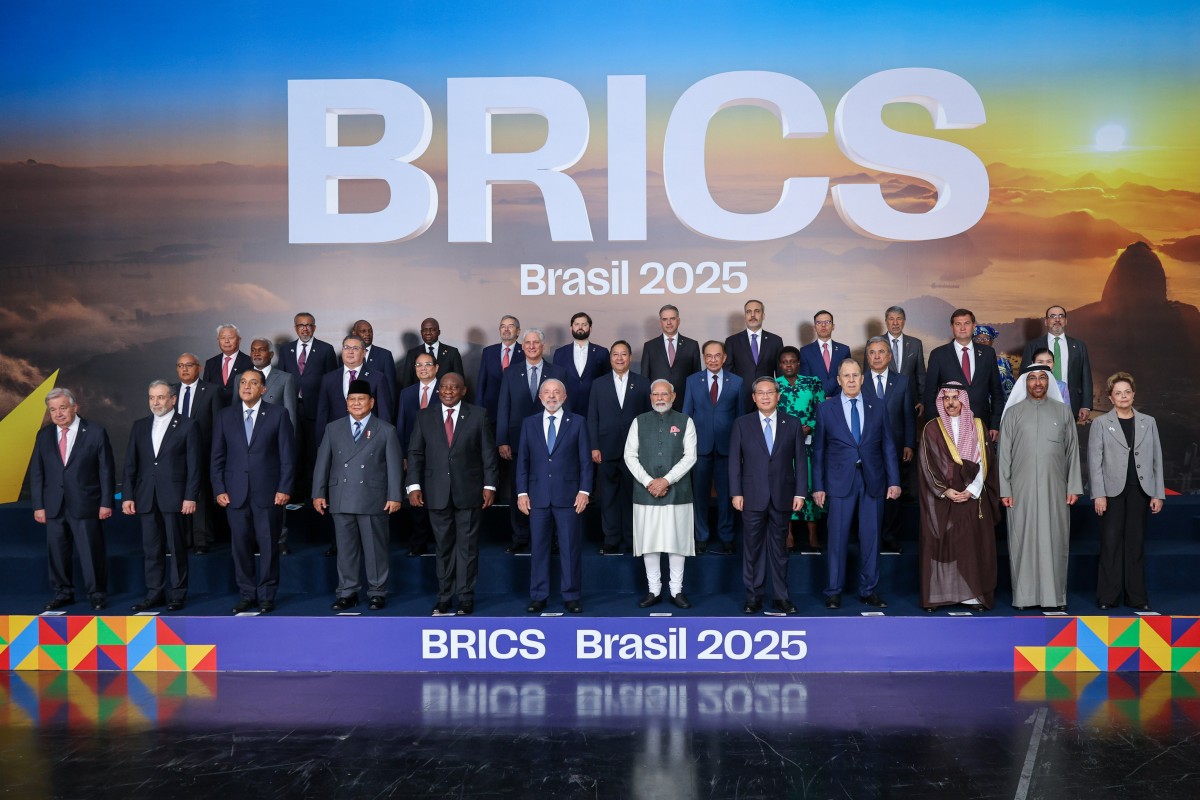


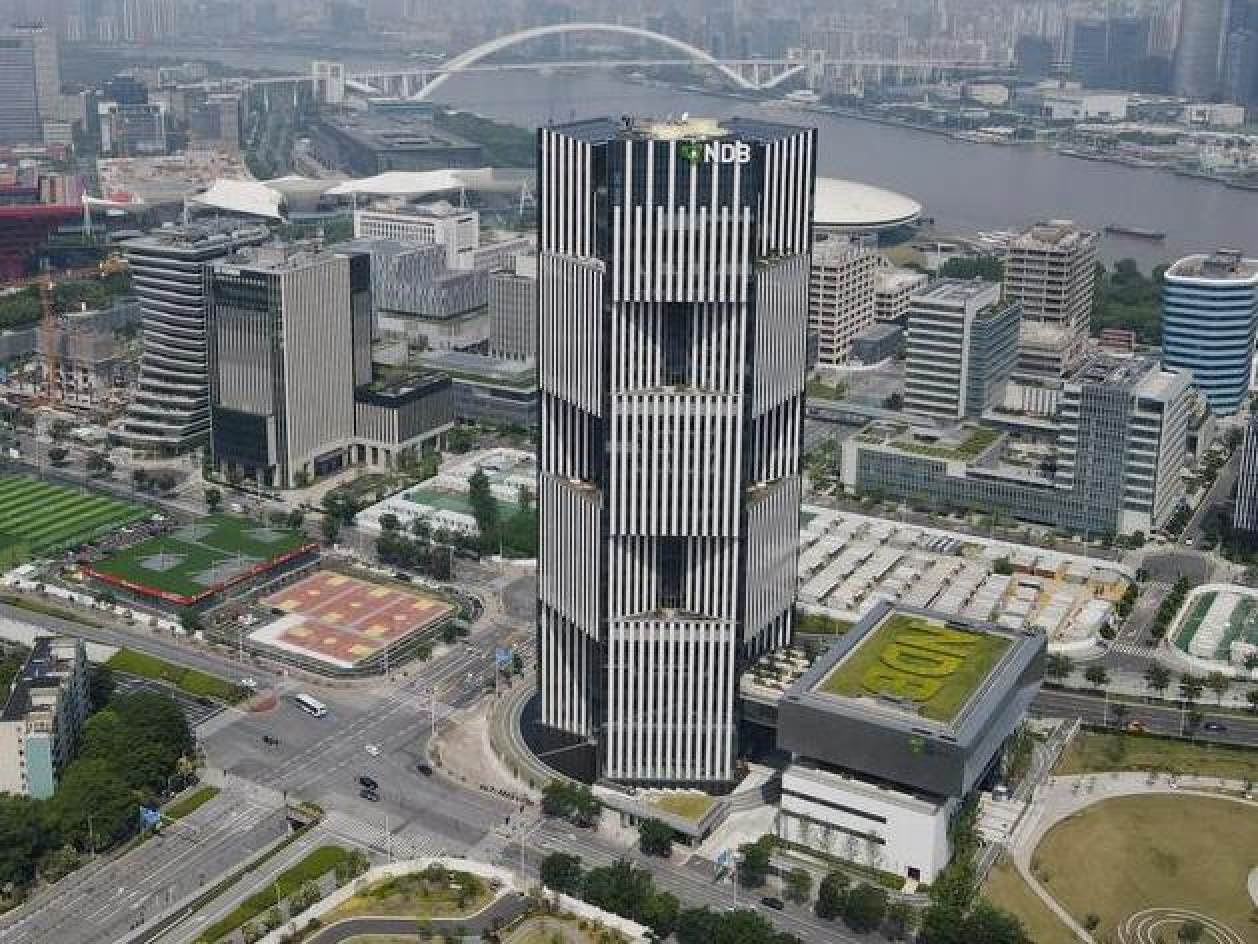

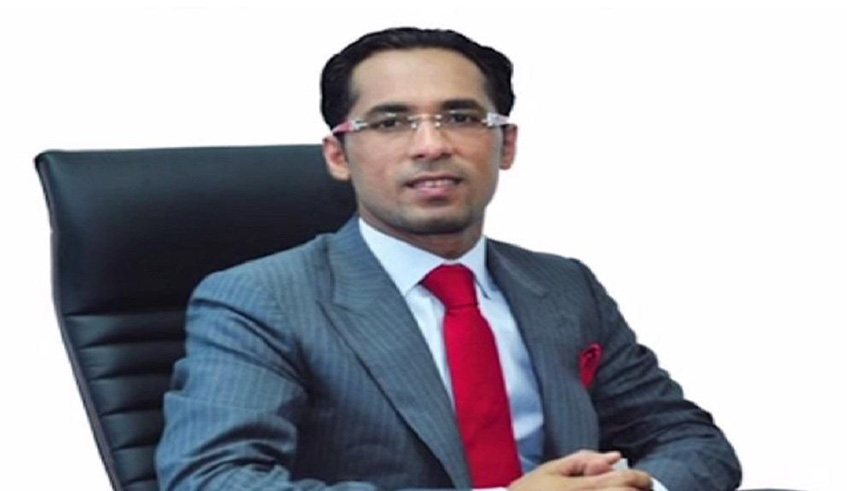 Dar es Salaam. Tanzania is being encouraged to implement deliberate economic policies aimed at creating dollar billionaires and enhancing its global economic influence. According to a new wealth report, the country currently has only one dollar billionaire and a limited number of high-net-worth individuals. The Africa Wealth Report 2023 indicates that Tanzania has 2,400 individuals with a net worth exceeding $1 million. Out of these, only six have assets above $100 million, while the country has just one billionaire despite being the second-largest economy in East Africa. Also read: 435 Tanzanians join the billionaires' club - The Citizen Tanzania While the number of millionaires has risen by 20 percent over the past decade, economists believe this figure could be much higher if the country had strategic policies to support fast-growing local investors capable of expanding into international markets. "The government could significantly boost some of our wealthy entrepreneurs by matching or even partially matching their capital. That alone could reduce our reliance on imports," said Dar es Salaam-based entrepreneur Amina Salum. Experts cite the United States and China as examples of countries that have used state support to create global economic powerhouses. In 2024 alone, the US government allocated over $180 billion in subsidies to domestic companies. Firms such as Boeing, Intel, Amazon and Tesla have benefited from subsidies, tax exemptions and government-backed loans to support research, manufacturing and exports. Such policies have enabled the US to remain a global tech leader, create millions of jobs and use multinational corporations as ambassadors of national influence. China, through institutions like the China Development Bank, has extended low-interest loans and subsidies to companies such as CCCC and China Railway Engineering Corporation, enabling them to execute infrastructure projects across Africa and Asia. Backed by their government, these companies have expanded aggressively, securing contracts in many countries, strengthening China’s global economic influence. Level playing field no longer enough Tanzania has long promoted a “level playing field” approach for all businesses. But analysts say this neutral policy risks holding back local firms with the potential to create wealth and export influence. "Tanzania needs a strategy to support businesses that have proven capacity to create jobs, grow exports and increase tax revenues," said Prof Abel Kinyondo, an economist at the University of Dar es Salaam. He said targeted support could include direct financial subsidies, time-limited tax relief to reduce operating costs and credit guarantees to help companies access large-scale capital. "Strategic preferential treatment works. Ethiopia is already applying it in aviation. Their national airline is now among the best in Africa because it enjoys specific government support," he said. Prof Kinyondo emphasized the need for strong oversight and transparency, saying only experienced, high-performing entrepreneurs should be considered for such support. Another economist, Prof Dickson Pastory of the College of Business Education, said empowering local investors can also enhance national security by reducing dependency on external suppliers for essential goods. "For crucial sectors, supporting domestic production guarantees supply. It also improves Tanzania’s competitiveness in the global economy," he said. While financial subsidies may be challenging for developing countries, Prof Pastory said tax exemptions could achieve similar results. "Reducing tax burdens allows businesses to expand and create more jobs, ultimately boosting national GDP," he noted. BoT support mechanisms already in place The Bank of Tanzania (BoT) has on several occasions expressed willingness to support local businesses through the Export Credit Guarantee Scheme (ECGS) and the SME Credit Guarantee Scheme (SME-CGS). These aim to help private-sector players with bankable projects access financing even when they lack sufficient collateral. In June 2023, at the height of the dollar shortage, BoT governor Emmanuel Tutuba said the central bank had taken steps to encourage domestic production and promote import substitution. He said the BoT board had visited several strategic sites to assess opportunities to boost exports and foreign exchange earnings. "We wanted to know what investors need to scale up production and exports, especially in terms of financial support." Provided by SyndiGate Media Inc. (Syndigate.info).
Dar es Salaam. Tanzania is being encouraged to implement deliberate economic policies aimed at creating dollar billionaires and enhancing its global economic influence. According to a new wealth report, the country currently has only one dollar billionaire and a limited number of high-net-worth individuals. The Africa Wealth Report 2023 indicates that Tanzania has 2,400 individuals with a net worth exceeding $1 million. Out of these, only six have assets above $100 million, while the country has just one billionaire despite being the second-largest economy in East Africa. Also read: 435 Tanzanians join the billionaires' club - The Citizen Tanzania While the number of millionaires has risen by 20 percent over the past decade, economists believe this figure could be much higher if the country had strategic policies to support fast-growing local investors capable of expanding into international markets. "The government could significantly boost some of our wealthy entrepreneurs by matching or even partially matching their capital. That alone could reduce our reliance on imports," said Dar es Salaam-based entrepreneur Amina Salum. Experts cite the United States and China as examples of countries that have used state support to create global economic powerhouses. In 2024 alone, the US government allocated over $180 billion in subsidies to domestic companies. Firms such as Boeing, Intel, Amazon and Tesla have benefited from subsidies, tax exemptions and government-backed loans to support research, manufacturing and exports. Such policies have enabled the US to remain a global tech leader, create millions of jobs and use multinational corporations as ambassadors of national influence. China, through institutions like the China Development Bank, has extended low-interest loans and subsidies to companies such as CCCC and China Railway Engineering Corporation, enabling them to execute infrastructure projects across Africa and Asia. Backed by their government, these companies have expanded aggressively, securing contracts in many countries, strengthening China’s global economic influence. Level playing field no longer enough Tanzania has long promoted a “level playing field” approach for all businesses. But analysts say this neutral policy risks holding back local firms with the potential to create wealth and export influence. "Tanzania needs a strategy to support businesses that have proven capacity to create jobs, grow exports and increase tax revenues," said Prof Abel Kinyondo, an economist at the University of Dar es Salaam. He said targeted support could include direct financial subsidies, time-limited tax relief to reduce operating costs and credit guarantees to help companies access large-scale capital. "Strategic preferential treatment works. Ethiopia is already applying it in aviation. Their national airline is now among the best in Africa because it enjoys specific government support," he said. Prof Kinyondo emphasized the need for strong oversight and transparency, saying only experienced, high-performing entrepreneurs should be considered for such support. Another economist, Prof Dickson Pastory of the College of Business Education, said empowering local investors can also enhance national security by reducing dependency on external suppliers for essential goods. "For crucial sectors, supporting domestic production guarantees supply. It also improves Tanzania’s competitiveness in the global economy," he said. While financial subsidies may be challenging for developing countries, Prof Pastory said tax exemptions could achieve similar results. "Reducing tax burdens allows businesses to expand and create more jobs, ultimately boosting national GDP," he noted. BoT support mechanisms already in place The Bank of Tanzania (BoT) has on several occasions expressed willingness to support local businesses through the Export Credit Guarantee Scheme (ECGS) and the SME Credit Guarantee Scheme (SME-CGS). These aim to help private-sector players with bankable projects access financing even when they lack sufficient collateral. In June 2023, at the height of the dollar shortage, BoT governor Emmanuel Tutuba said the central bank had taken steps to encourage domestic production and promote import substitution. He said the BoT board had visited several strategic sites to assess opportunities to boost exports and foreign exchange earnings. "We wanted to know what investors need to scale up production and exports, especially in terms of financial support." Provided by SyndiGate Media Inc. (Syndigate.info).

